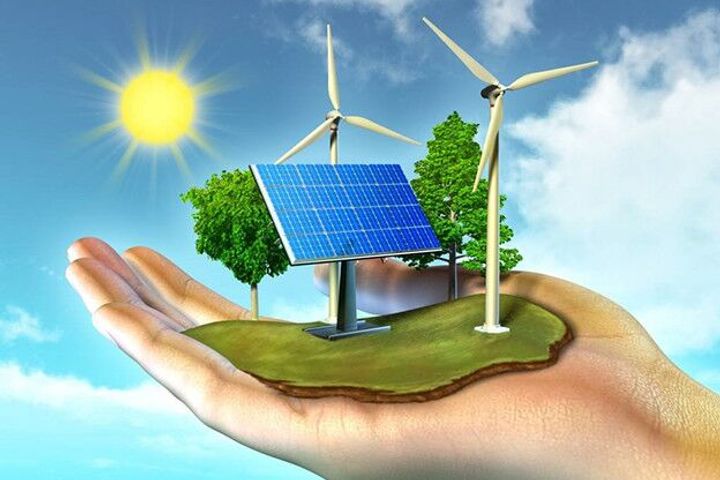 Only Next Administration May Decide If US Pulls From Paris Accord, Diplomats Say
Only Next Administration May Decide If US Pulls From Paris Accord, Diplomats Say(Yicai Global) Nov. 14 -- Most people are relieved to see the name of Thomas Shannon, US under-secretary for political affairs and chief negotiator on climate change negotiations, on the list of US negotiators to the 23rd Conference of the Parties to the United Nations Framework Convention on Climate Change (UNFCCC).
Bonn, Germany is the venue for the Nov. 6-17 conference that Fiji is chairing. Most eyes were on the US delegation over the Trump administration's latest policy statements and decision to withdraw from the Paris Climate Agreement.
However, instead of sending climate skeptics like US Environment Protection Agency (EPA) chief Scott Pruitt to Bonn, the Washington chose an experienced State Department diplomat as chief negotiator.
The US negotiating team the Trump government dispatched kept a low profile at the meeting, eschewing the traditionally frequent press briefings. The US team did not book any pressers over the almost two whole weeks, Yicai Global found after reviewing the news briefing arrangements.
No substitution of any other members of the US delegation occurred, except for the chief negotiator, Gou Haibo, special representative of China's ministry of foreign affairs on climate change negotiations, said at an earlier presser.
Jonathan Pershing, former deputy special envoy for climate change -- who had just assumed the post – was ousted by the incoming Trump administration. Thomas Shannon's assistant, Trigg Talley, the US deputy special envoy for climate change, is still Pershing's deputy, however.
The US has submitted a letter to the UN formally expressing its intention to withdraw from the Paris Agreement, the US State Department confirmed in an Aug. 4 statement. However, it still needs to participate in the international climate negotiations because this is necessary to protect US interests and ensure all future policy choices will always be open to its government.
As relevant UN charters stipulate, the US cannot officially tender its withdrawal decision to the UN until 2019. The US may thus only formally withdraw on Nov. 4, 2020, at the earliest, the day after the next US presidential election, when the president-elect is announced. In other words, only the next presidential administration may decide whether the US officially withdraws.
However, regardless of whether the US withdraws or not, China will still reap rich opportunities by engaging in the clean energy industry.
The nation has consistently hewed to its stance on coping with climate change, which it views as an inevitable requirement for sustaining development. China will continue to promote low-carbon development and strongly encourage clean energy development. Chinese enterprises should seize the opportunity to position themselves in the clean energy industry chain from a global perspective, occupy the high-end industrial chain and foster a clean energy market, Zhang Huanbo, director of the reform and opening-up division of China Center for International Economic Exchanges, told Yicai Global.